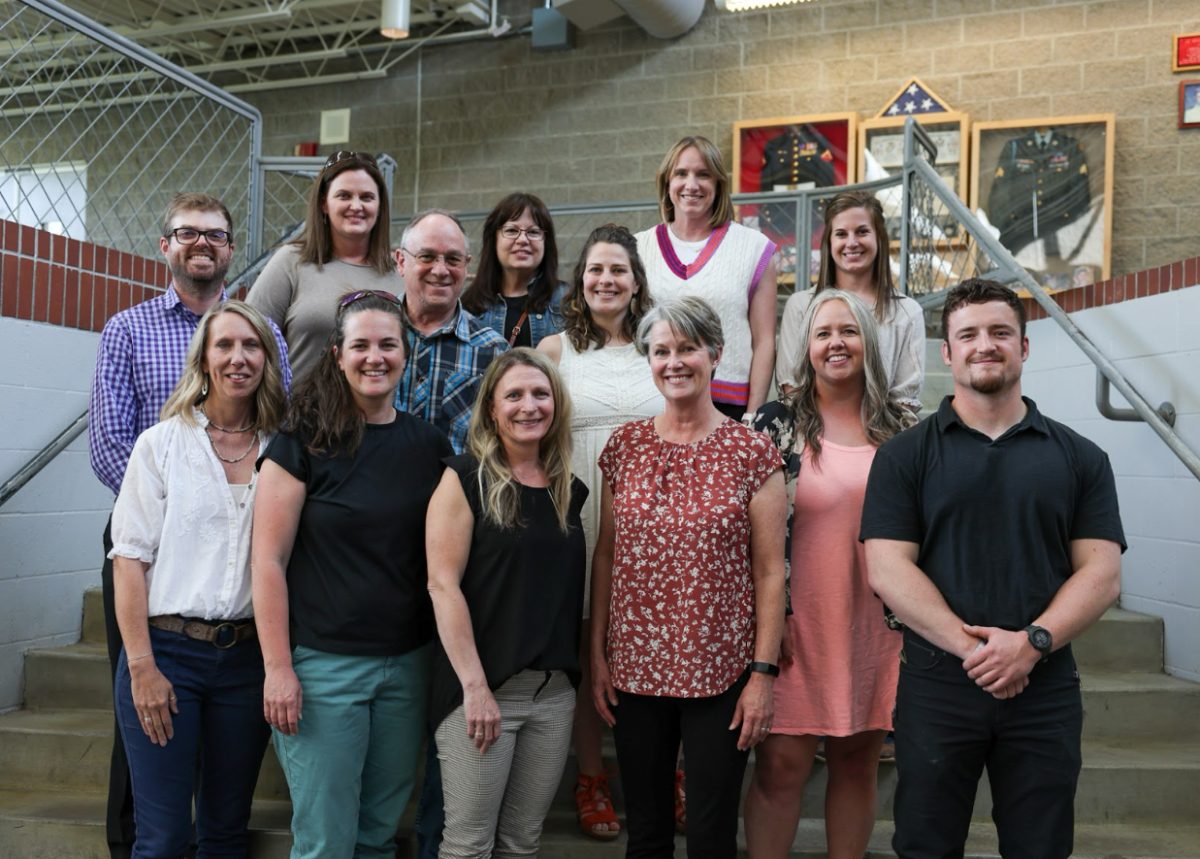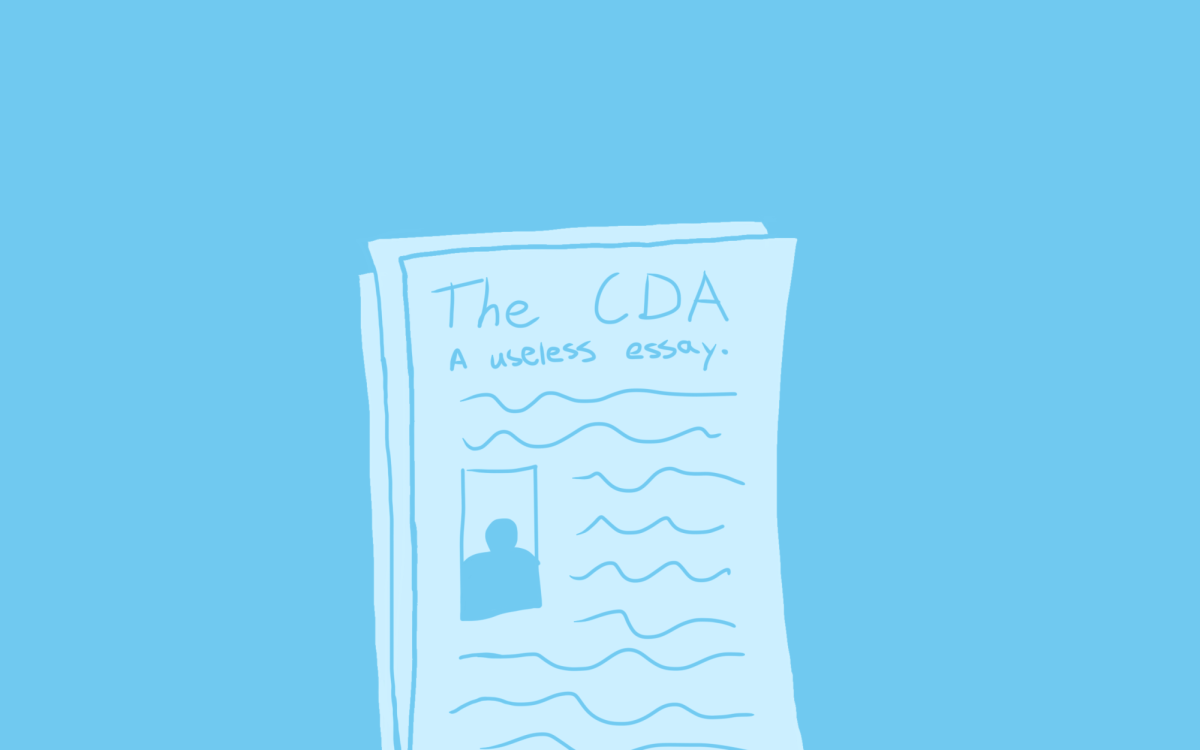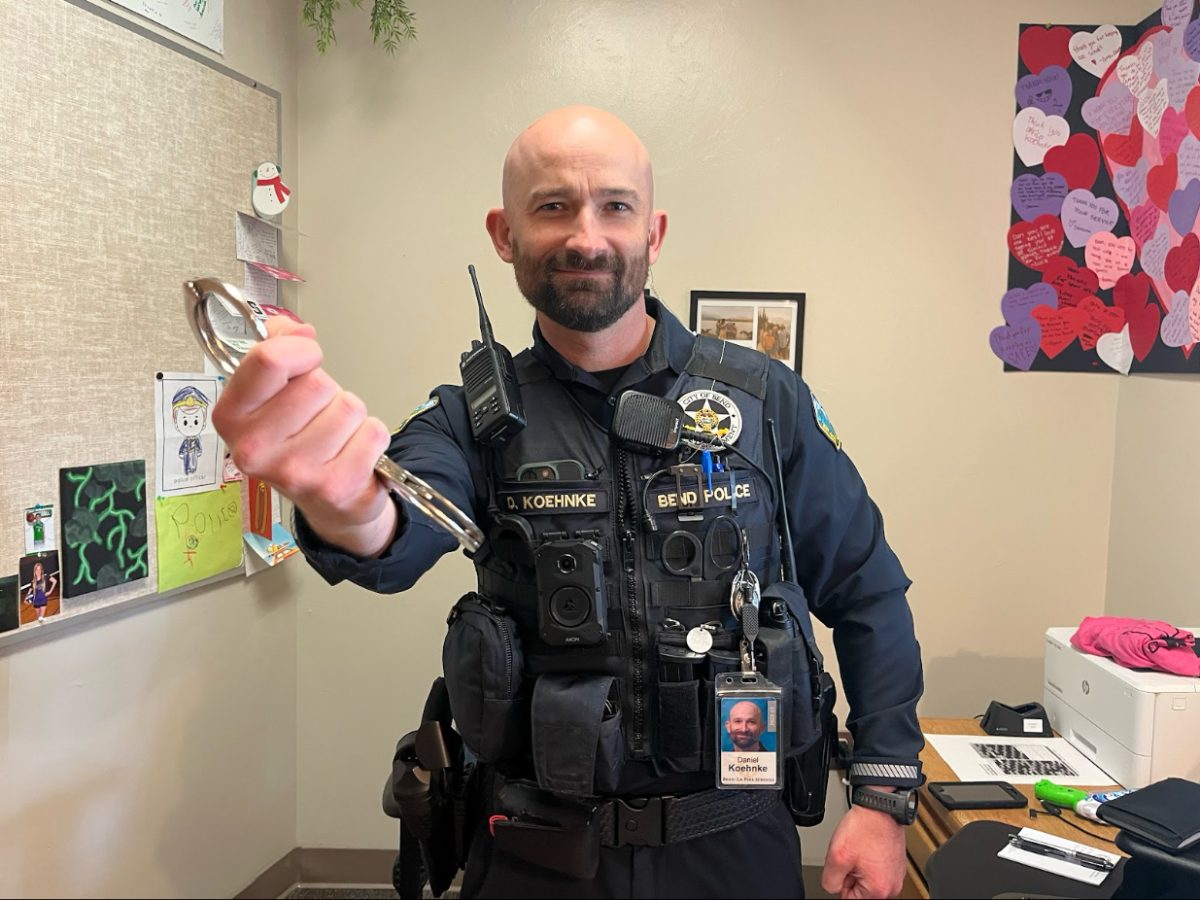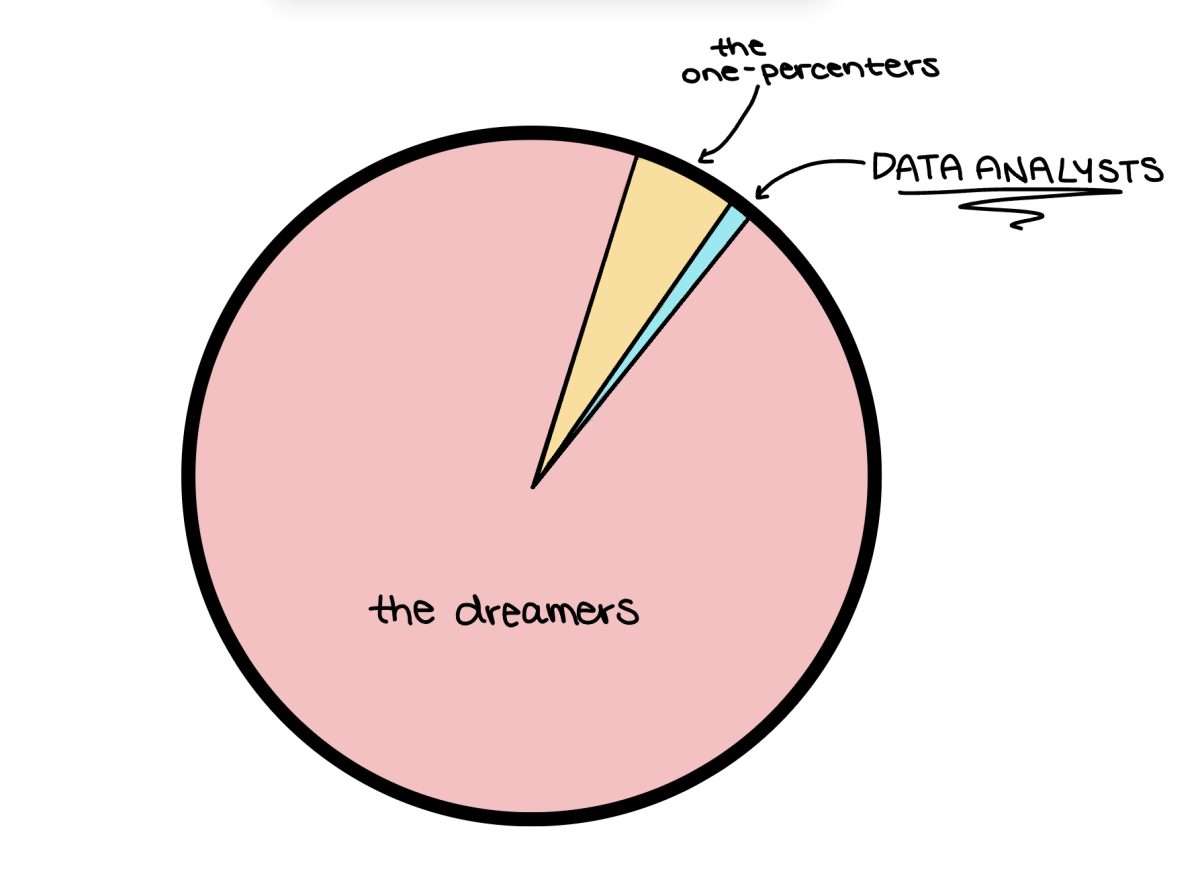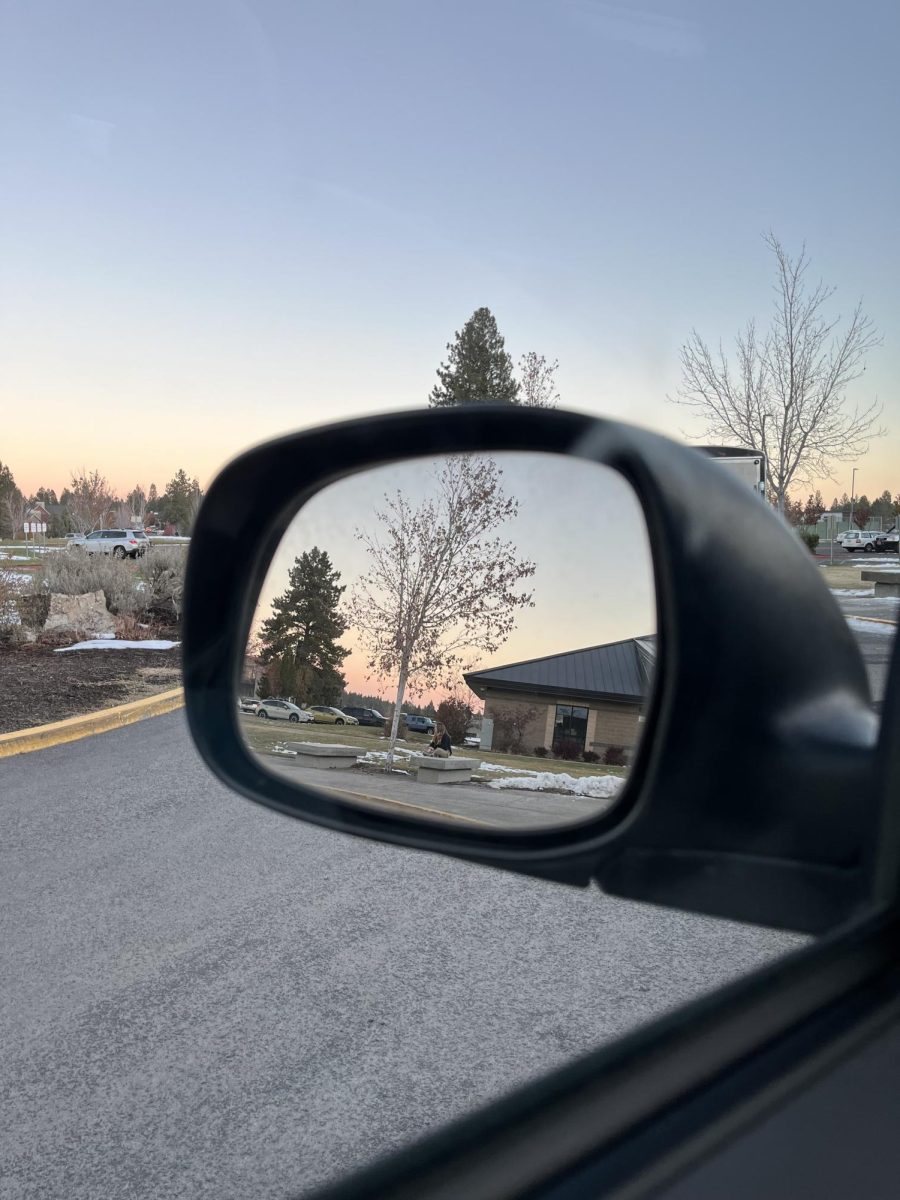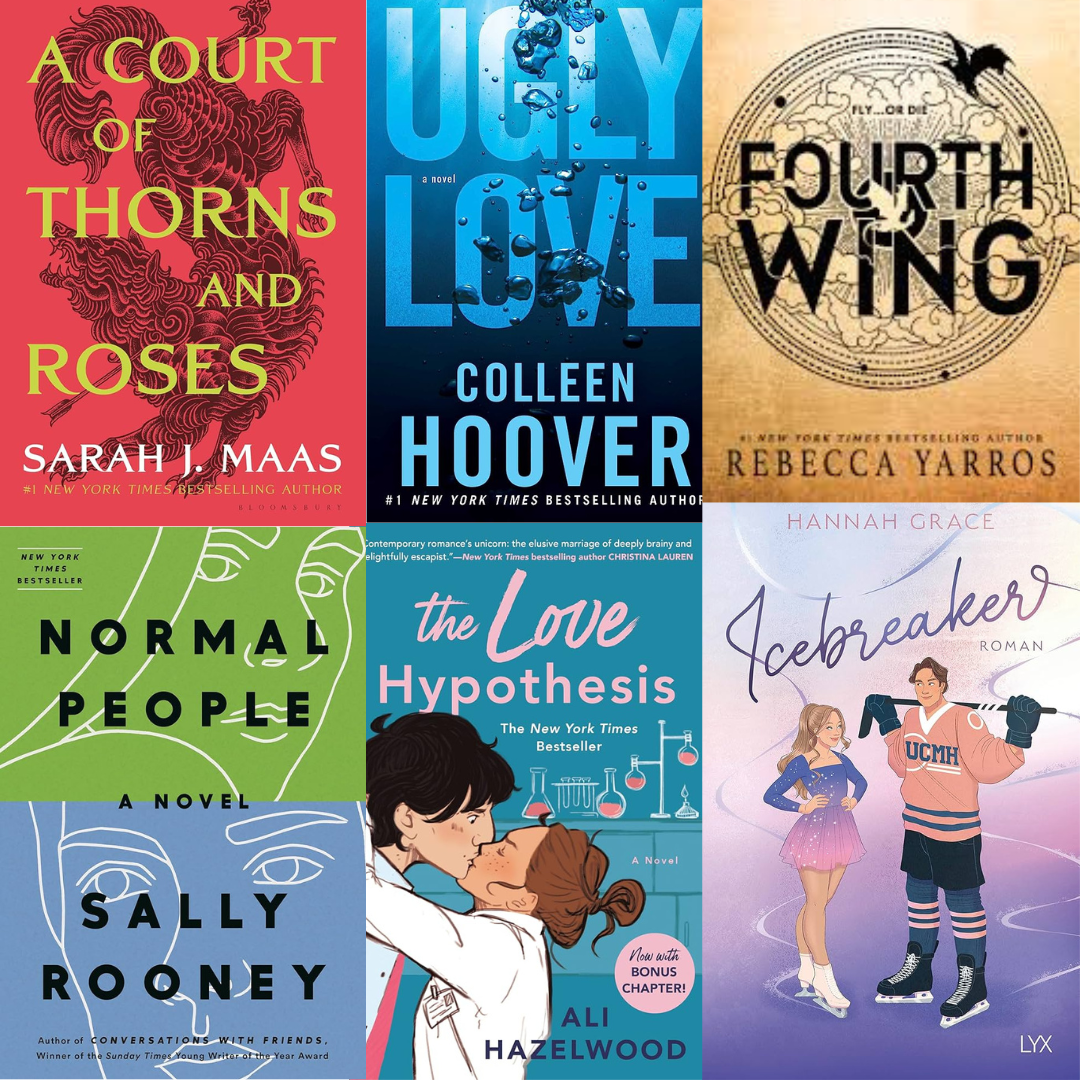College Applications: Covid-19 Edition
February 13, 2021
Junior year. Pandemic. Lockdown. Online school. Senior year. National Election. Riots in the Capitol. These challenges have defined the last 365 days of the class of 2021’s lives and if there’s one thing we can agree on, it’s that life is not peachy keen right now. In fact, it’s quite the opposite. Life appears bleak and each month releases a new horror among the general populous, so what better time to start planning your entire future, right?
Covid-19 has changed everything about our lives over the past year—including the college application process. With so many class of 2020 seniors deferring last year, many colleges going test-optional and limited travel, students feel they would be better off picking their dream school by throwing a dart at a map. The college admissions process overall feels unfair and as daunting as ever and with the addition of social unrest and a global pandemic, things just got a whole lot harder. On the flip side, there have been several unforeseen perks and changes in the class of 2021’s college applications process.
One of the most obvious differences from years past is that many students aren’t able to visit college campuses. A poll of Bend-Lapine seniors found that only eight percent were able to visit all the colleges they applied to while 44% visited none.
“It’s scary to think I haven’t visited a school that could be my top choice and I may not like it once I do visit,” said senior Jack Fassett.
However, on the off chance a senior is able to see a few or all of their colleges, “walking around an empty campus doesn’t give you a feel about anything,” said senior Mimi Dioguardi.
First impressions and being able to test out the “vibe” of a college are essential when deciding where to spend the next four years of your life. When deciding on where to go, factors that add to the “college experience” can be just as important as the academics. Although virtual tours were offered by some colleges, they just don’t compare to the physical experience. Students are able to “walk-around” campus and see different buildings and dorm rooms, but it still doesn’t tell you how it feels to be on campus and what it’s like to see the overall picture. Sometimes all you need is a feeling, which is something virtual tours just can’t give you.
Seeing a campus is important, but being able to picture yourself living on campus is even more so. The month of April is usually when students hear back from colleges and by that time last year, Covid-19 was in full swing—with no light appearing at the end of the tunnel. Instability and uncertainty convinced many students to take a gap year or to defer a year and not take chances with online classes.
Unfortunately, this doesn’t bear well for the class of 2021 because “having people that deferred last year makes admissions for our class way smaller,” Dioguardi said.
A quote from the Crimson, Harvard University’s daily newspaper confirmed this suspicion, “The number of applicants increased by 57 percent from last year, while the College admitted 148 fewer students.”
Colleges are required to make more strategic decisions with admissions because of the increase in applications, causing admissions rates to decline. Colleges need to fill certain quotas, let in a certain amount of athletes, minorities and legacies; anyone who didn’t make this first cut is sent to regular decision.
One reason applicant numbers are skyrocketing this year is due to the test-optional policy that many colleges have instated. Students who didn’t have a chance to take the tests or were not satisfied with their results are able to opt-out of submitting their scores.
“I would’ve [included scores] if there were more chances to take the test and improve it, but I only had one try,” Fassett said.
Fassett isn’t alone in his inability to re-test. Of 150 polled seniors, 46% did not include test scores. Without the test score requirement, many students are shooting higher than they usually would have. The same poll shows that 26% percent of students applied to Ivy Leagues, and 53% percent applied to more prestigious private institutions.
“By getting rid of this test score requirement, students that would have not applied to these colleges thought ‘why not give it a shot,’” said Theresa Wadden, a local college counselor.
“Reach school’s application numbers were up across the board,” said Sondee Low-Johnson, school to career manager in Summit’s Future Center. Low-Johnson also notes that because of online school, students found they had more time and could go more in-depth with their essays, potentially boosting their chances at acceptance.
No test scores, no campus visits and more time on their hands have also allowed students to apply to more schools than usual. More than half of students admit to applying to five or more schools and almost 20% applied to ten or more.
“I was way looser with my list. Originally I had a list of 18 schools,” Dioguardi, who adopted the “why not” attitude, said. “The process has been a lot more complex because I applied to way more schools than I [usually] would’ve.”
A major concern of students this year is having fewer opportunities to stand out compared to their peers, causing students to take more risks. The presence of Covid-19 has forced the application process to become digital and impersonal.
“None of the schools have had to deal with the admissions process in the middle of a pandemic before. [Seniors] were kinda the guinea pigs,” Dioguardi said.
Concerns about a harsher application cycle and higher standards have been going through the minds of all those applying. Wondering if they should have sent scores or not if they should have taken another class and if pass/fail grades affect them etc.
“Colleges understand what’s going on, I really believe that,” Wadden says. “We just have to trust admissions officers. They go through extensive bias training, and there’s so much more pressure on colleges to verify things now.”
With all things considered, and as this admissions season comes to a close, juniors might be asking themselves “what about next year?” One can hope the pandemic will be under control soon, and admissions offices will have a better feel of things. So, advice for the class of 2022?
“Stay motivated! Keep working to keep your grades up,” Low-Johnson said. “Now is a great time to visit college websites and do virtual tours.”
According to Wadden, colleges are focusing more on course rigor and application essays without the use of test scores so honing in on these skills is going to be super important for next year. And, as I’m sure your parents have told you, it’s never too early to start researching. Plot twist—they were right.
There’s no telling what the next year is going to be like, will college admissions still be wonky, or will everything miraculously return to normal? Regardless, it’s good to be prepared.
To all the juniors, seniors and college freshmen out there, we’re all living through history, and while it may not be easy, it will work out in the end. So be positive and go get ‘em, tiger.


